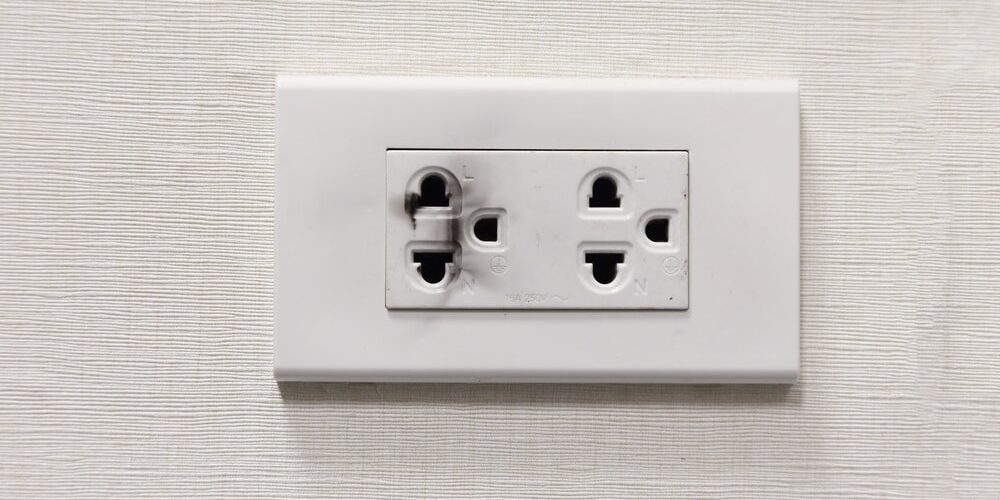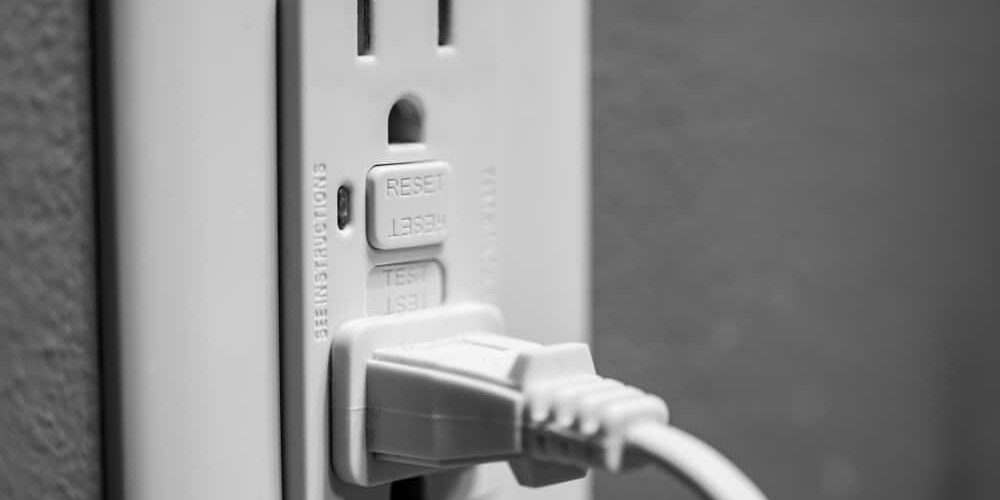A home is considered many people's "safe place." Therefore, it is imperative that the systems within a household are truly safe and up to par. Electrical systems in a house can often have troubles that can be seen through high bills, damaged appliances, or lights that flicker. Whether this is from a house's old age or just faulty electrical wiring, it is worth the time to diagnose and rectify the issue. If the desire is for a safe and secure home, it is to the homeowner's benefit to identify problems early and find a solution quickly.

What Are the Signs of Electrical Problems?
Although each house is different, a few electrical problems appear most frequently. If you encounter any of these, hire a professional to help you find the best solution.
One sign of electrical problems can be seen when lights dim or flicker for no apparent reason. A poor connection can start this issue with it, leading to arcing eventually. Sparks, overheating, or even fire could occur if the connections are loose or corroded. Another light-related issue can be found in overlamping. This happens when a light fixture uses a bulb with a higher wattage than what it was designed. The heat from the bulb can melt the socket or the insulation of the wires in the fixture.
If you have lightbulbs that frequently burn out, that can be another sign of electrical issues. While it may be tempting to assume that this is just from overuse, it could actually be something deeper. For example, a loose connection may be present within the socket or circuit. Insulation that is nearby to the light bulbs could also cause overheating. Although fixtures are designed to prevent fire by shutting off, it is still worth investigating. Additionally, be sure that the outlets aren't warm. Unless it is for a dimming switch, warm outlets can be a considerable sign of danger.
Dead outlets are yet another possibility of electrical problems, particularly in older houses. Melted wires or outlets may occur if a poor connection is tripped (or possibly arced). Excessive heat can even trip breakers. If your outlet is dead, go to the electrical panel to find if you are dealing with a tripped breaker or a blown fuse. Certain electronics can also add to circuits tripping or shorting. For example, hair dryers are known to create short circuits frequently. If your breakers are often tripping, the circuit is most likely overloaded. This can lead to excessive electricity use, and you may want to consider either upgrading your service or adding additional circuits.
If your wires are outdated, you are also at risk of electrical issues. If the wiring was installed a while ago, it is most likely under a significant amount of strain compared to what it was when first installed. Most houses have increased the number of appliances, electronics, and lighting that they have, which can contribute to immense strain on wiring circuits. It may be time to contemplate an additional circuit or two. While you're at it, be sure to be mindful of how many extension cords are being used. Older houses usually have fewer outlets, so power strips are bound to be more likely. Although helpful, extension cords or power strips have a specific load capacity and cannot power more devices at one time. Extension cords can also be prone to damage and cuts.
How Can You Practice Electrical Safety?
Now that you know what can go wrong with electric wiring in the house, how can you cultivate a safe space? Well, first, be sure to contact a professional. They are experts in helping evaluate your current
system and being able to craft some solutions. If you're looking for a more self-guided approach, first consider adding more power sockets around your house. It is best to plug things into these outlets rather than using an extension cord.

The more hands-on sockets you have, the more appliances you can securely place around the home. If you are using extension cords, be sure to pick them up off the floor when they aren't being used. Some may even choose to tape the cord on the floor with electrical tape if it needs to stay out for a long while. This helps prevent tripping while also enhancing the cord's visibility. Ground-fault circuit interrupters (GFCIs) can be great to install to avoid electrocution. If your receptacles are old, consider using GFCIs as a replacement.
Whether you've been in your home a long while or it is brand new to you, it is a valuable investment to partner with a professional. Your house should be your sanctuary, and professional electrical approaches are one way to ensure that you are safe and happy in your home!
